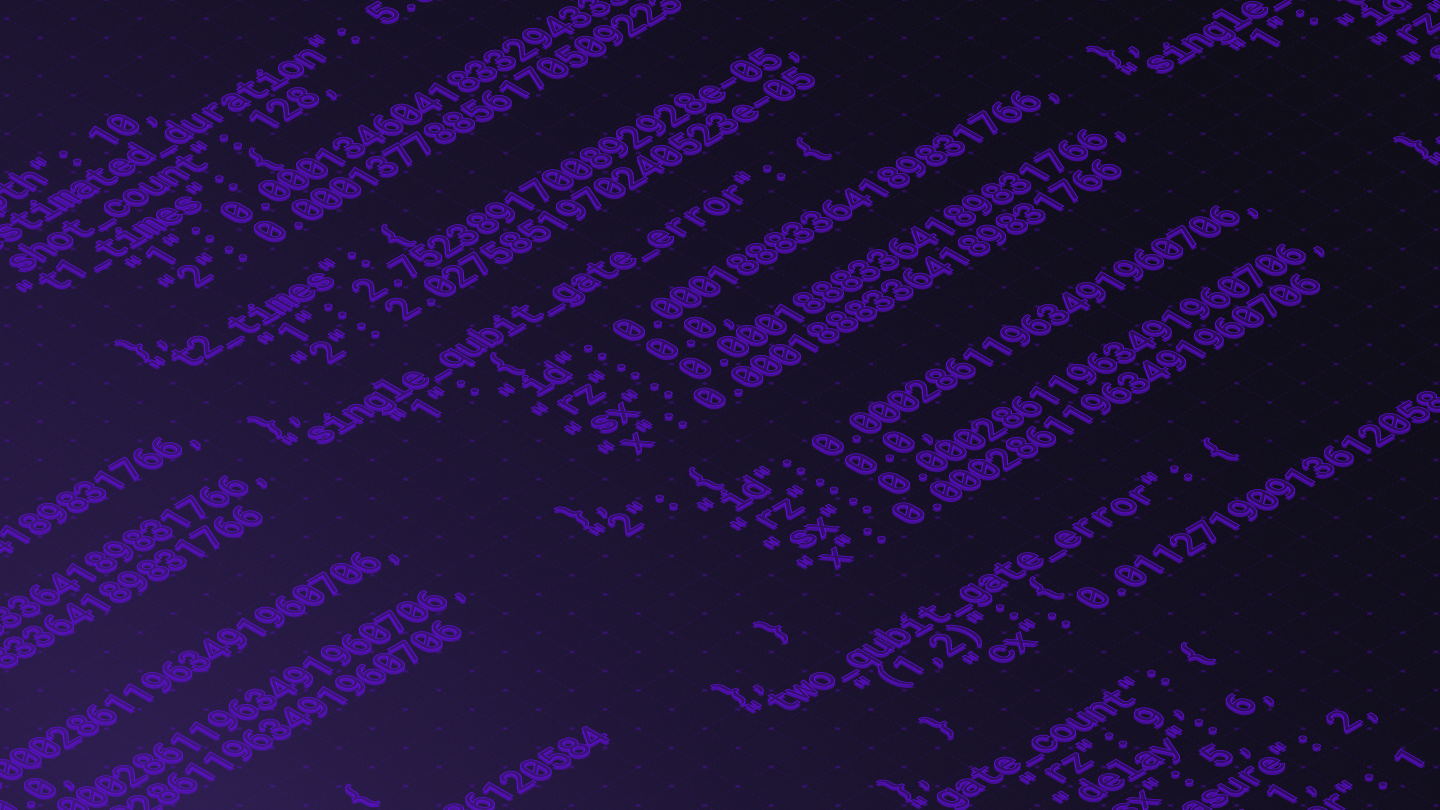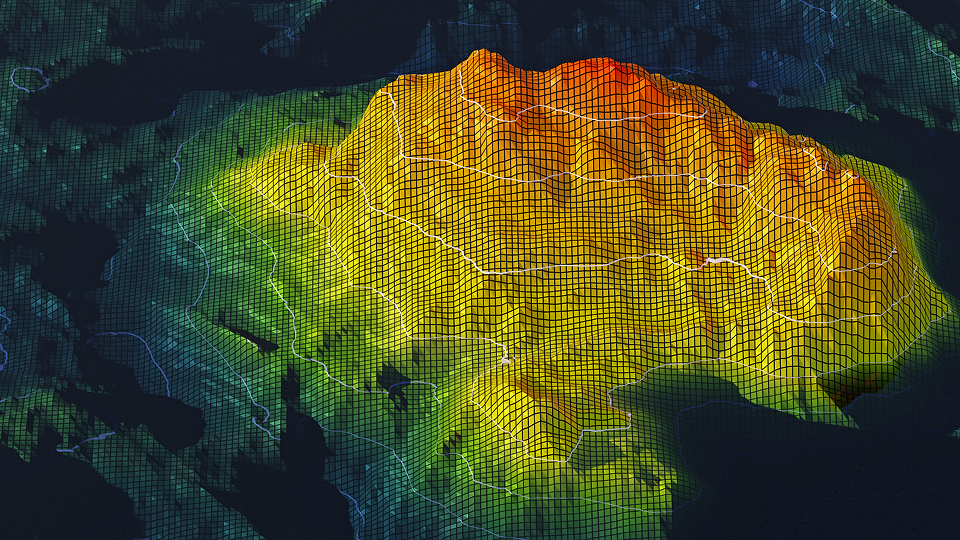Leveling up the quantum software stack with Fire Opal integrations


Quantum computing is an emerging field, but there is already a wide array of software frameworks, platforms, and tools available for quantum developers to use today. Many of these platforms provide valuable capabilities, but it can be challenging to combine them into a single development workflow without a lot of manual work—and sometimes, these tools are incompatible out of the box.
Integrations make it easy to combine the benefits of different tools, and good product integrations multiply the value of both products. Here at Q-CTRL, we build quantum infrastructure software, which is the middleware that abstracts the complexity of quantum hardware and improves its usability. Infrastructure software enables application researchers and developers to build on top of hardware without worrying about the underlying details.
These are some of the most important tasks in a quantum computer, but the ecosystem also needs effective tools to build specific use cases, visualize applications, manage development environments, and quickly perform repetitive tasks. That’s where our partners come in.
Our product, Fire Opal, makes it simple for anyone to achieve meaningful results from quantum computers. Using AI-driven error suppression, Fire Opal improves the success of algorithms by thousands of times and abstracts the quantum-specific complexities through hardware virtualization. By optimizing the algorithm’s structure and preventing errors during runtime, Fire Opal powers you to scale to larger problems, using more gates and qubits on real devices. At the same time, reaching the correct answer takes fewer shots and requires no overhead, meaning that you save on compute time and cost. Right now, using Fire Opal you can run algorithms with over 100 real qubits and actually get the right answer routinely—everything is completely abstracted, so there’s no fuss for you.
We’ve integrated Fire Opal with three platforms that offer easy ways to design and test new applications, enabling you to get the best possible performance from hardware within the platforms you already know and love.

Streamlining quantum computation via the Wolfram Quantum Framework
Wolfram provides the ultimate computation platform with high-level representation to simplify complex concepts in fields like math, biology, and even quantum computing. Wolfram Language's symbolic expressions provide an extremely general way of representing data within a uniform structure, which makes it easy to perform powerful operations with minimal programming. The Wolfram Quantum Framework streamlines the development of quantum circuits using symbolic representation of quantum gates, quantum operators, and measurement operators to compose quantum algorithms.
After developing a circuit, it’s easy to submit the circuit to a quantum computer and apply Fire Opal’s error suppression technology to dramatically improve the quality of execution and turn error-riddled outputs into useful answers. Simply specify "FireOpal"->True when executing your circuit, and you’ll get all of the benefits of Fire Opal’s AI-driven hardware optimization pipeline. Then, you can verify the improved performance by using Wolfram’s rich visualization tools to see just how much Fire Opal improves the quality of your test algorithms!

Download the tutorial notebook to get started with Fire Opal on Wolfram today!
Scaling development with the qBraid platform
It’s ironic that in a highly complex field like quantum computing, one of the most daunting and frustrating challenges is managing development tooling. The qBraid platform removes this hurdle by providing a sleek web-based IDE interface, qBraid Lab, to manage development environments, and a Python toolkit, qBraid SDK, to unify various development frameworks.
qBraid Lab allows you to deploy environments with common quantum computing software tools using a single click. Now, Fire Opal is one of those natively available environments!
Simply install the Fire Opal environment to start using the package within the JupyterLab-based interface.

You can develop algorithms using your favorite programming framework or simply use the qBraid SDK, which offers a single interface that wraps frontend programs, such as Qiskit, Amazon Braket, and Cirq, into a consistent programming experience. Then, you can submit the circuit to Fire Opal, which will automatically reduce the effects of errors that corrupt quantum outputs, improving the quality of results by thousands of times. There’s no need to play with simulators when you can achieve useful results from real quantum computers!
Simplify your development to hardware-optimized execution workflow by installing the Fire Opal environment on qBraid Lab.
Solving complex business challenges with the Aqarios Luna Platform
For businesses looking to solve real-world optimization problems across various industries, such as supply chain management, financial modeling, or power grid optimization, the integration of Fire Opal with the Luna Platform from Aqarios makes it easier than ever to apply quantum solutions and get meaningful results.
Whether you are a novice or an expert in the field of quantum technology, Luna provides you with a comprehensive end-to-end workflow to go from the initial use case to the quantum solution. With support for a diverse range of common modeling formats, an extensive use case library, and AI-powered recommendations on the best solution approach, the platform is applicable to a broad spectrum of industries and accessible to anyone, regardless of the level of expertise.

Luna offers three services to its users: LunaSolve, LunaBench, and LunaQ. Through LunaSolve, users can now solve their optimization problems with Fire Opal’s single-command QAOA Solver, which makes it possible to solve optimization problems at scale accurately and effortlessly on real quantum computers. With this easy-to-use solver, you can achieve unprecedented results by leveraging a fully automated process that has invisibly tailored all parts of the problem definition and execution to the hardware in use. Additionally, this solver is accessible via LunaBench, Aqarios' framework designed to facilitate the benchmarking of optimization problems and algorithms to identify where quantum computing can provide a competitive edge.
With LunaQ, the platform also offers access to a range of quantum hardware backends so that you can easily submit any quantum circuit, and with the integration of Fire Opal, circuit execution will be massively enhanced. Fire Opal enables you to expand problem sizes to the scales that matter for real-world use cases by pushing performance to intrinsic hardware limits. You’ll be able to run deeper and wider circuits than ever before.
Bring your optimization challenge and effortlessly solve it today with Fire Opal on the Luna Platform.
Expanding the reach of useful quantum computing
Through our diverse partner integrations, individuals across the quantum industry can get access to powerful tools that meet their research and development needs. Whether you’re a student, a researcher, an engineer, or someone completely new to quantum, you can take advantage of the potential of quantum computers and maximize the value that they provide, all within a streamlined workflow. And now, you don’t need any hardware expertise to achieve truly stunning results.
By building an interoperable ecosystem, we compound the value of our technologies and make quantum computing more useful and accessible. We’re excited to put these tools into your hands and see what you build!
Check out our documentation to learn more about using Fire Opal within partner platforms.



